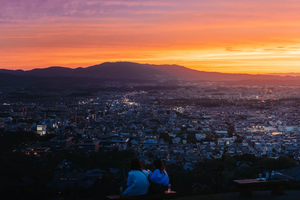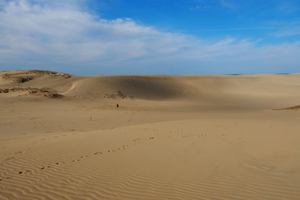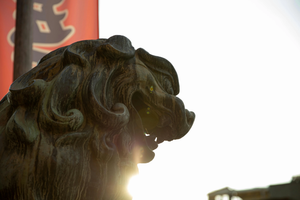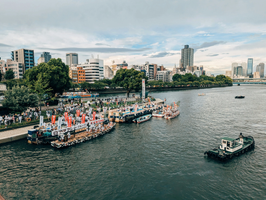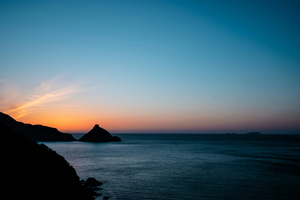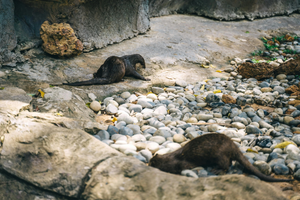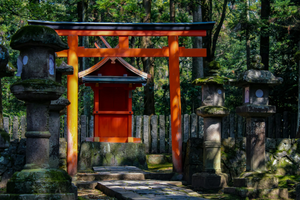Traditional Fishing in Fukuoka: A Linguist's Perspective on Japan's Coastal Life
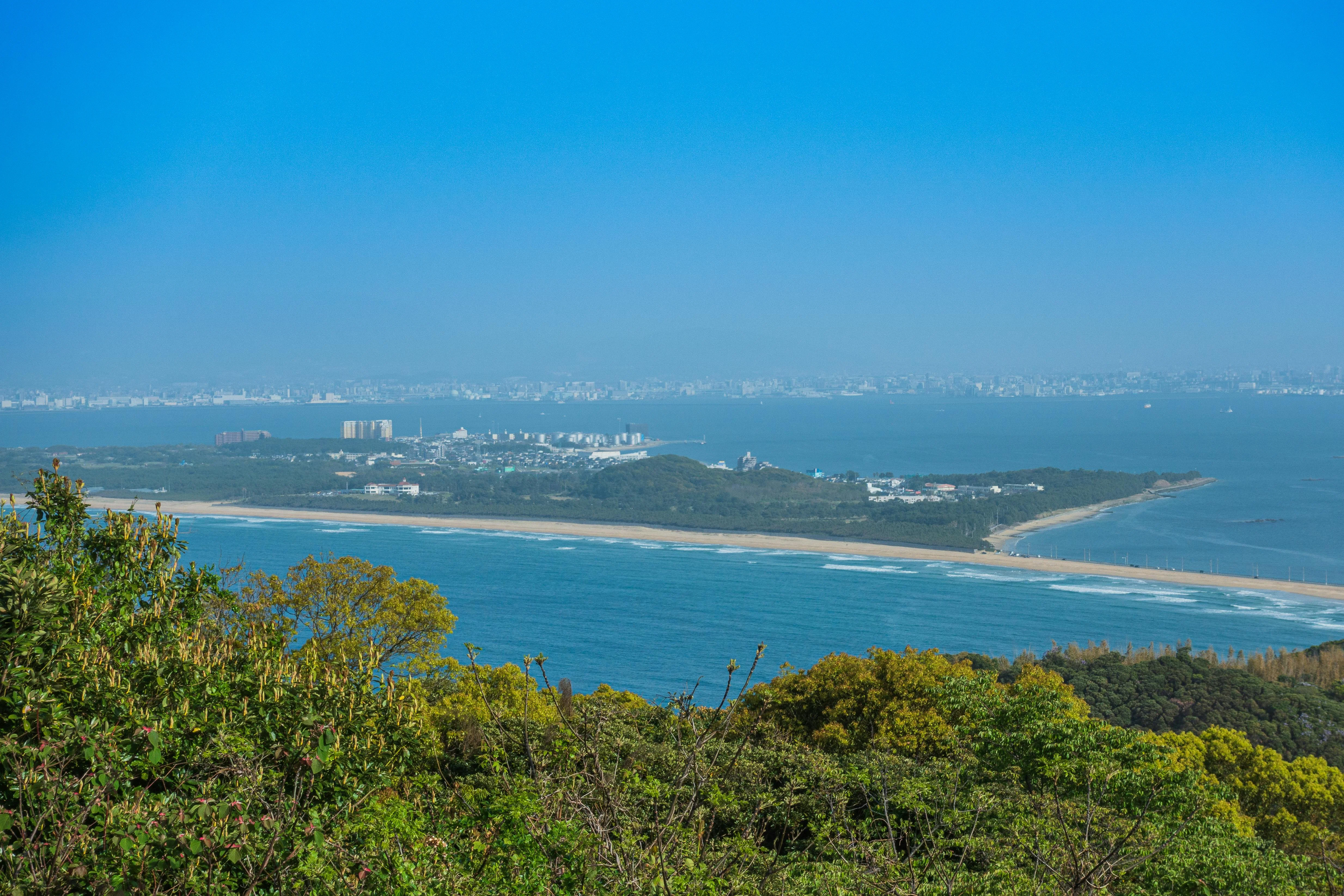
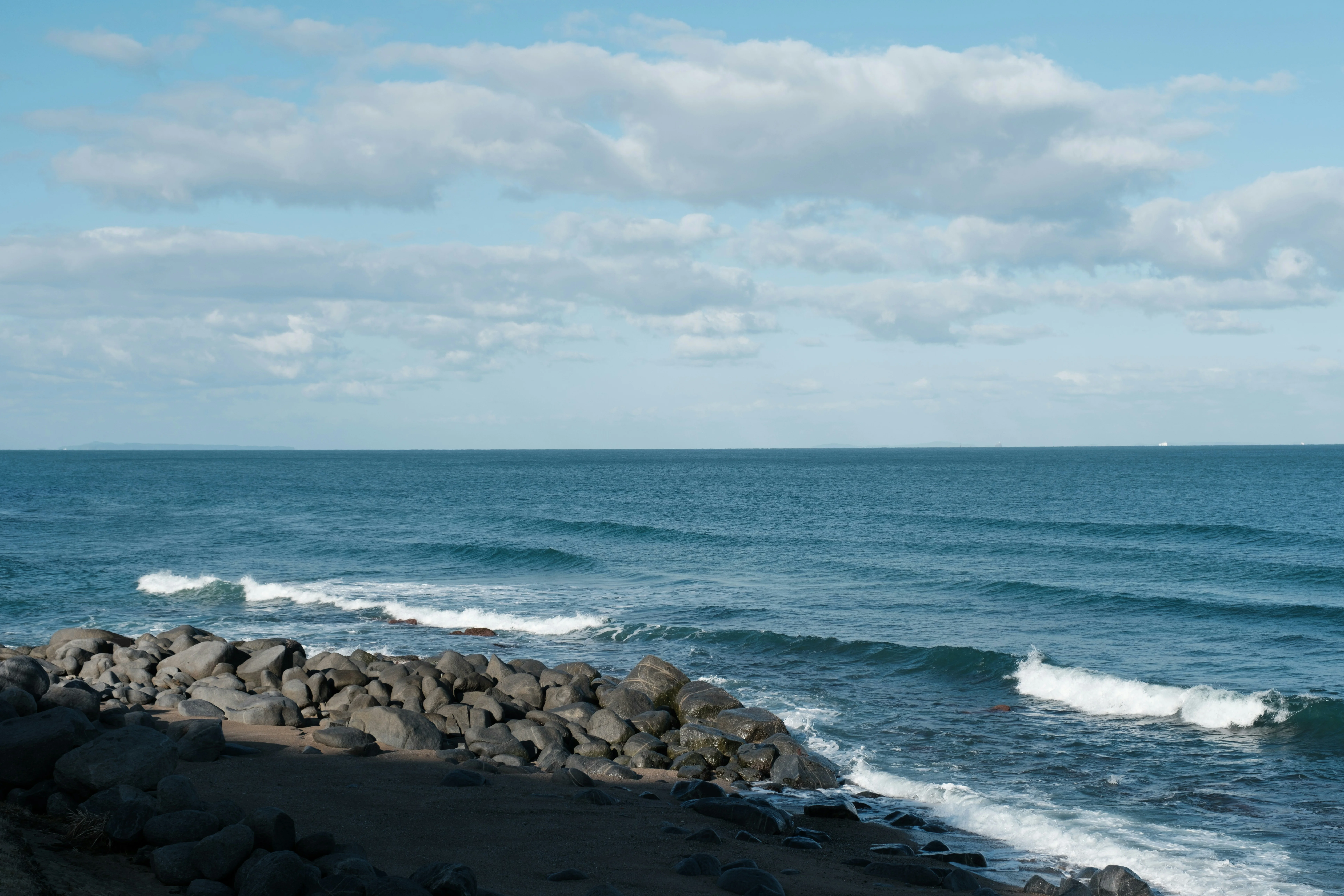
The Historical Tapestry of Fukuoka's Coastal Life
Fishing has long been at the heart of Fukuoka's community, with the city's coastal location playing a pivotal role in its development. For centuries, local fishermen have harvested the bountiful waters of the Genkai Sea, contributing to the region's economic and cultural richness. Historically, the fishing industry in Fukuoka was not only about sustenance but also about the communal bonds it fostered. The practice of ama, "traditional female diving for seafood such as abalone and seaweed,“ exemplifies this cultural heritage, blending the physical with the spiritual.
Linguistic Nuances Amidst the Waves
Moreover, language illustrates the relationship between people and their environment. The dialects spoken by fishing communities in Fukuoka carry distinct phrases that are seldom heard outside these areas. These linguistic differences enrich the local culture, fostering a sense of identity among those who understand and use them.
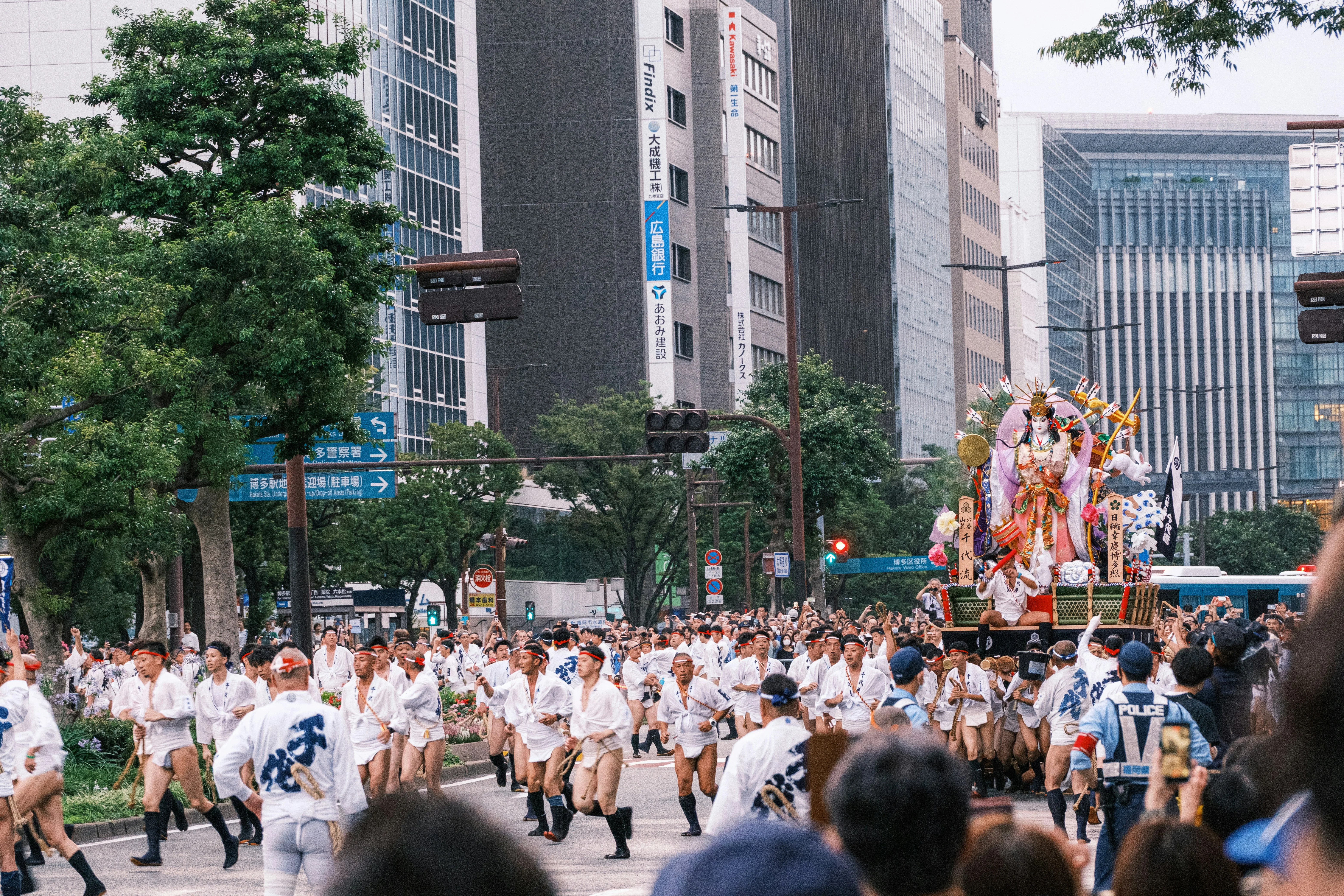
A Modern Continuation of Tradition
While modern technology has revolutionized the fishing industry, many in Fukuoka still uphold traditional techniques, thereby preserving an essential part of their cultural heritage. Small-scale fishermen utilize age-old methods like pole-and-line and shellfish collecting, providing an authentic glimpse into Japan's past.
Karatsu Kunchi, a local festival, stands as a vibrant testament to Fukuoka's enduring maritime spirit. Celebrated annually in the autumn, it features parades of intricately detailed floats and traditional performances, expressing gratitude for the sea's resources and maintaining the customs of yesteryear.
Planning Your Itinerary Around Fukuoka's Fishing Heritage
Consider incorporating a visit to one of Fukuoka's fishing towns into your itinerary. Towns like Itoshima offer beautiful coastal views alongside traditional fishing experiences, such as oyster farming and local seafood dining. Here, you can taste the flavors of the sea infused with generations of knowledge and care.
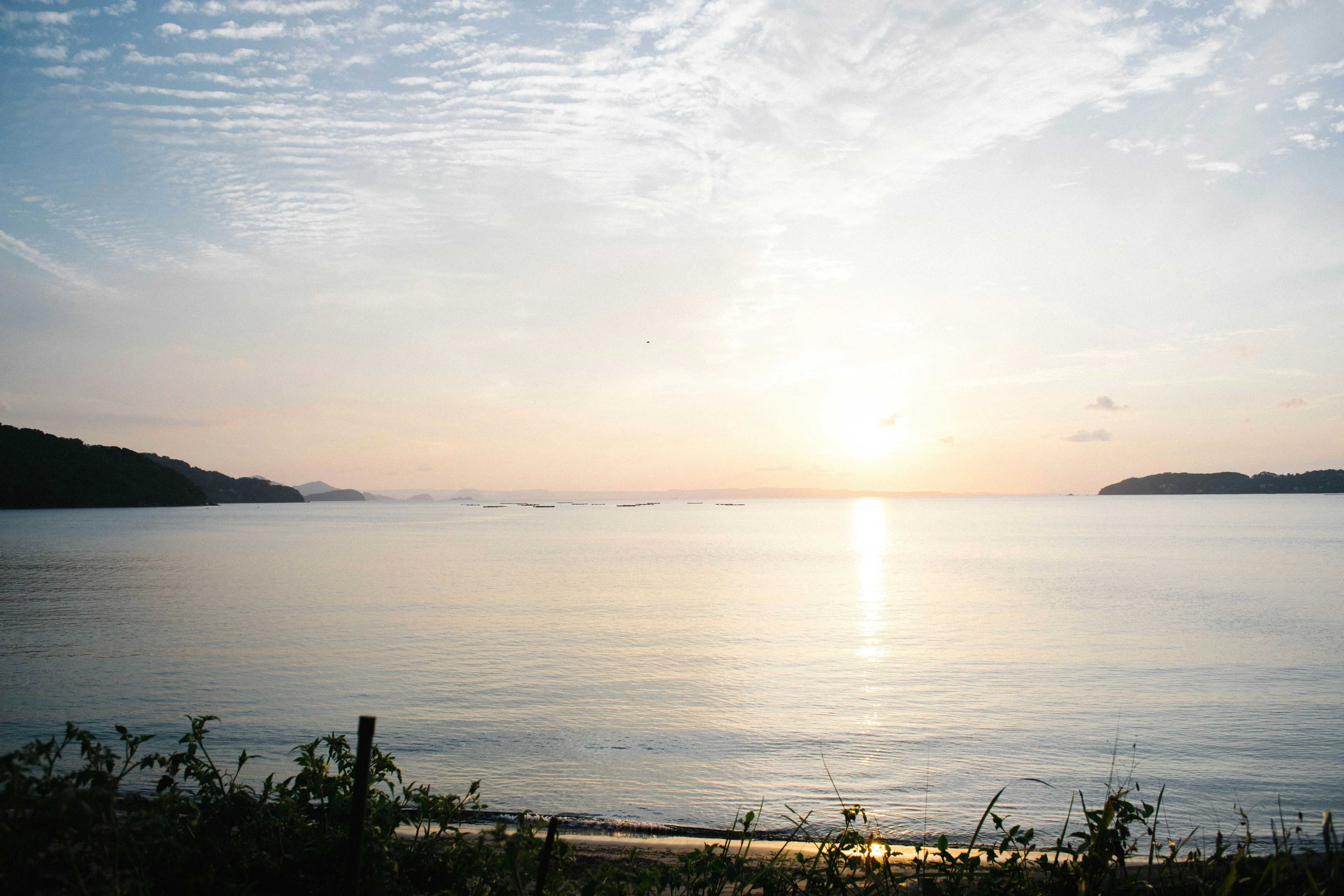
Conclusion
Fukuoka's traditional fishing practices offer an invaluable perspective into the region's cultural and linguistic identity. By engaging with these customs, both through language and experience, one can gain a deeper appreciation for the unique lifestyle that thrives along Japan's southern coast. Whether you're a linguist, cultural enthusiast, or curious traveler, Fukuoka's fishing heritage promises a rewarding exploration of Japan's coastal treasures. As you chart your journey through this dynamic city, remember to listen to the lessons of the sea and the voices that have navigated its depths for generations.

